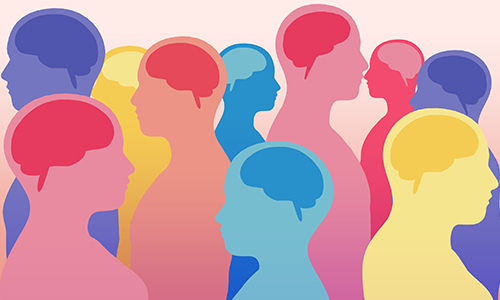What are some challenges to you might encounter with your neurodivergent brain? You may need medical, psychological, or psychiatric help to tame your neurodivergent brain and develop its great potential. Some “cures” you may have tried out of desperation are alcohol (because of its numbing effect), drug use (because of its temporary escape), or even abusing medication (too much of a good thing). These fixes are worse than the problem and do not actually fix anything, and instead create additional life-long problems.
Some of the challenges often associated with a neurodivergent brain include:
- Autism spectrum disorder (this includes what was once known as Asperger’s syndrome)
- Attention-deficit hyperactivity disorder (ADHD)
- Down syndrome (a genetic condition whereby a person is born with an extra copy of chromosome 21)
- Dyscalculia (difficulty with math)
- Dysgraphia (difficulty with writing)
- Dyslexia (difficulty with reading)
- Dyspraxia (difficulty with coordination)
- Intellectual disabilities
- Mental health conditions like bipolar disorder, obsessive-compulsive disorder and more
- Gender dysphoria
- Prader-Willi syndrome (a rare genetic disorder that results in a number of physical, mental and behavioral problems)
- Sensory processing disorders
- Social anxiety (a specific type of anxiety disorder)
- Tourette syndrome (a disorder that causes uncontrollable movements and vocal sounds called tics)
- Williams syndrome (a rare genetic condition characterized by unique physical features, delays in cognitive development and potential cardiovascular problems)
- Disorders of emotional regulation and mood states (depression and more)
- Anger management issues
In addition, you may be now or may have been in the past the target of bullying, verbal or physical abuse, shunning and other aggressive behaviors toward you. Know that these are usually perpetrated by individuals who do not know any better or are afraid of anything that they do not understand or can accept. If you are on the receiving end of such behaviors, any symptoms or challenges you may have from the above list may be worsened. There are strategies you tools you may learn to minimize to reduce the impact of these behaviors on your self-esteem, functioning, and level of distress. Make an appointment with Dr. Z for an evaluation, psychotherapy and coaching.


